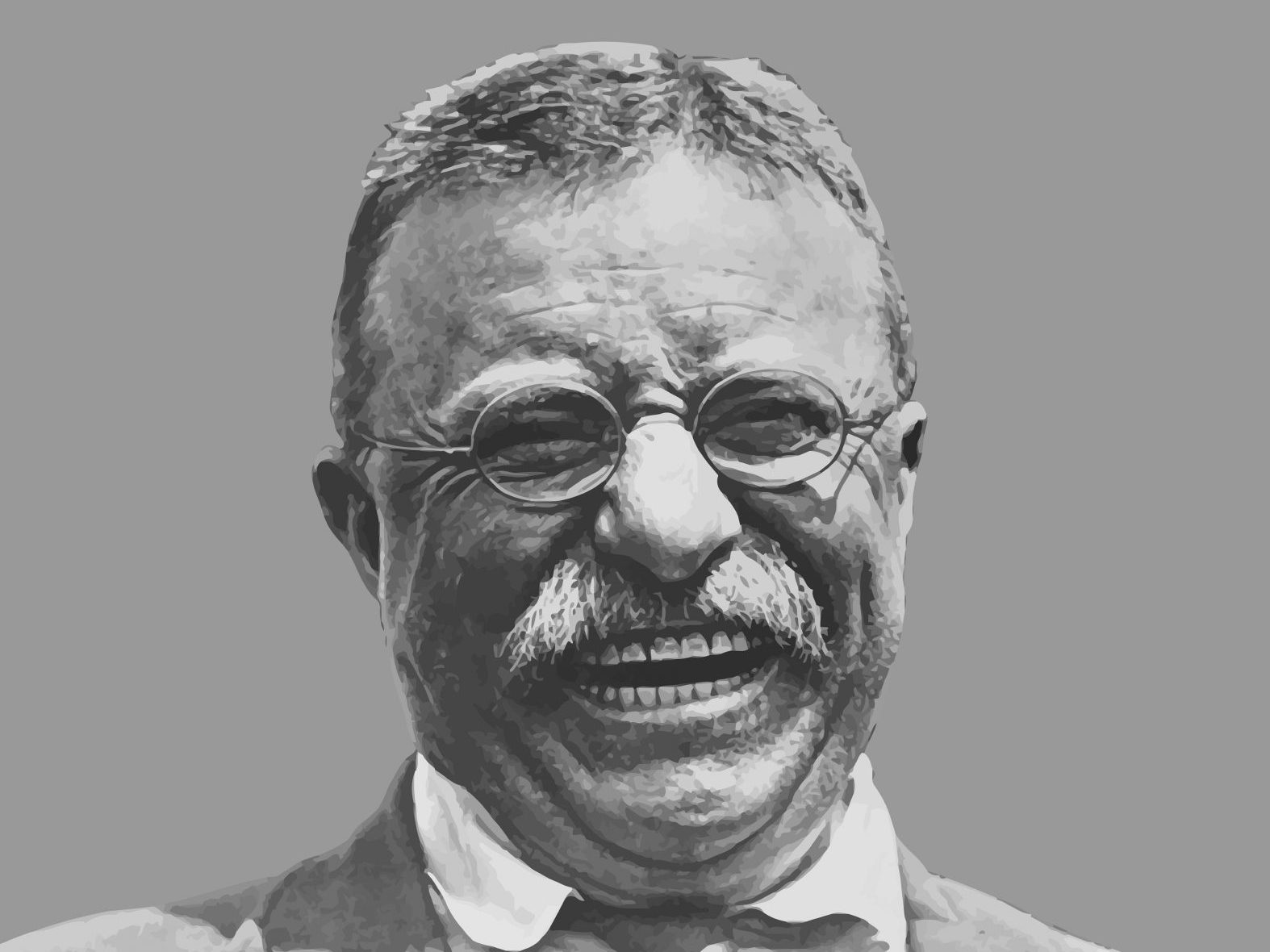This week in 1901 Theodore Roosevelt, at that point vice-president of the United States, told a Minnesota crowd: “A good many of you are probably acquainted with the old proverb: Speak softly and carry a big stick – you will go far.”
This philosophy, which would come to be known as Big Stick Ideology, defined his approach to foreign affairs and influences White House policy to this day.
Roosevelt, who became president four days after his Big Stick speech following the assassination of William McKinley, claimed he picked up the phrase in West Africa.
It signalled his intention to increase US military strength – in his case building what was known as the “Great White Fleet” of battleships in constant deployment on the high seas as a show of American might – to ensure the nation’s interests were taken seriously in international disputes.
However, the limitations of merely carrying a big stick, and not using it, were soon exposed as Roosevelt expanded the ideology to include the so-called Roosevelt Corollary, which insisted America would “ensure stability” in Latin American countries by direct intervention.
American foreign policy strategists never looked back and the spirit of Roosevelt’s Big Stick has endured 120 years, with varying degrees of success, as the scenes this week at Kabul Airport testify.
Warning: Illegal string offset 'link_id' in /mnt/storage/stage/www/wp-includes/bookmark.php on line 357
Notice: Trying to get property 'link_id' of non-object in /mnt/storage/stage/www/wp-includes/bookmark.php on line 37







